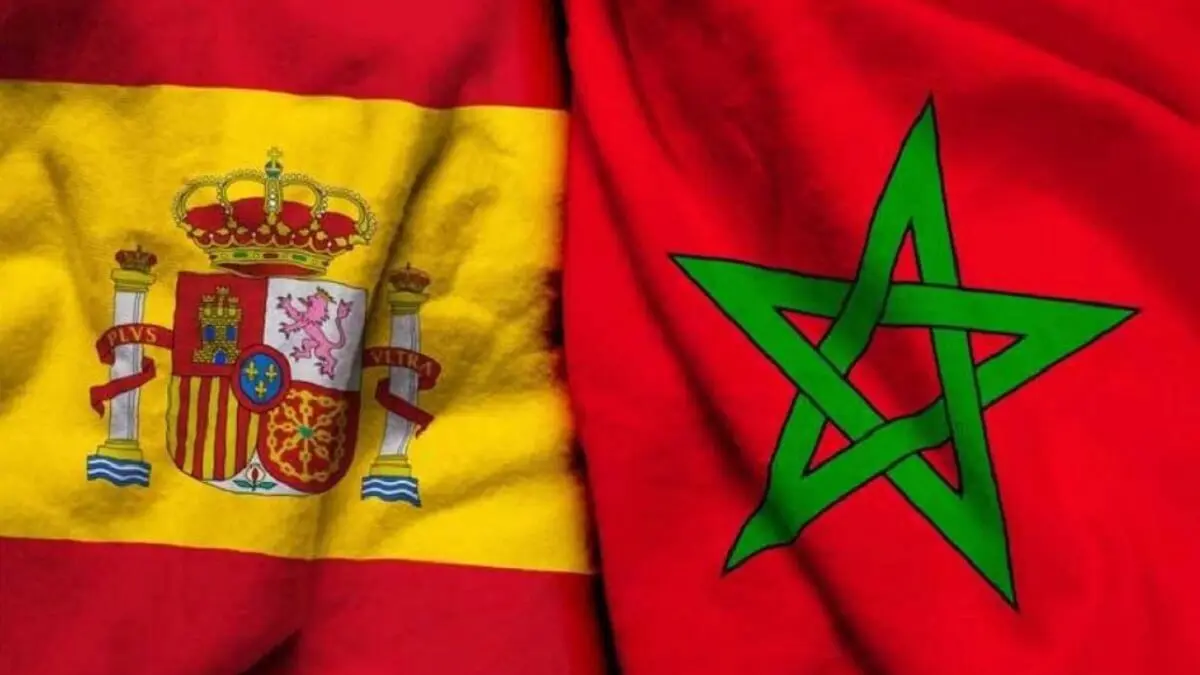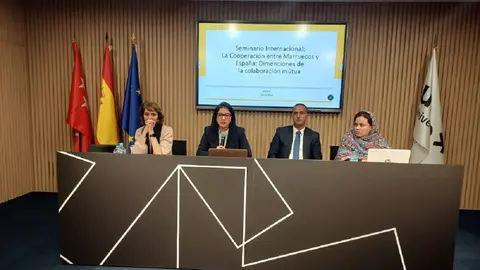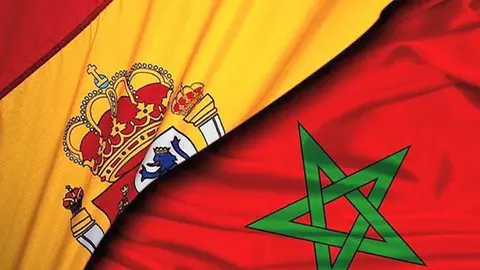Trade between Spain and Morocco hits an all-time high in 2023

After sealing a new stage between the Kingdom of Morocco and Spain in April 2022, with the Spanish recognition of the Moroccan status of Western Sahara, Spanish-Moroccan relations have experienced a continuously growing development that has marked the various areas of the North African country's economy within the framework of a win-win partnership.
As a result of the political will expressed by both countries, Spain's foreign trade with Morocco reached its highest levels at the end of 2022. Thus, exports reached 11,748.2 million euros, an increase of 23.7%, while imports reached 8,692.3 million euros, an improvement of 19.1%.
After expressing their commitment to consolidating the friendship between the two neighbours, last Tuesday, the heads of government, Pedro Sánchez and Aziz Akhannouch, reaffirmed the importance of promoting "a closer relationship" and "exploring the new opportunities offered by this renewed relationship" as a key objective of their agenda.
In fact, in 2023, the growth of foreign trade between Spain and Morocco has soared to an above-average level. As a result, exports to Rabat reached 9,143.1 million euros between January and September of this year. Meanwhile, imports reached 6,754.2 million euros in the same period.
With these figures, Spanish exports to Morocco have achieved an increase of 3.1%, while imports grew by 2.1%, taking into account that all Spanish shipments abroad have grown slightly with 0.3%, while purchases experienced a drop of 6.7%.
The improvement of diplomatic relations between the two countries and the growing interest of Spanish companies in investing in Morocco, in addition to the strengthening of maritime connections, have contributed considerably to the progress that export and import movements between Spain and Morocco are experiencing today. This has made it possible to achieve impressive results in terms of trade

With these exchanges tracing an upward curve in terms of the various commercial transactions between the two countries, companies on both shores have been encouraged to explore the Moroccan and Spanish markets in search of the opportunities that both Spain and Morocco offer to ambitious investors.
Despite the challenge of the overall tally, Morocco's improvement in terms of trade made it easier for it to position itself as a market share gainer for Spain. Thanks to this major step, exports to Rabat are now estimated at 3.2% of total foreign shipments, while imports represent 2.1% of the country's overall imports.

In terms of the most important products, there has been a significant increase in purchases of fruit and vegetables from Morocco, due to the rise in prices that Spain is experiencing. It should be recalled that Spain has historically bought electrical appliances and equipment, fish, crustaceans and molluscs, automobiles and knitwear from its southern neighbour. However, the water stress that Morocco is experiencing, coupled with rising energy costs, has affected the country's exports abroad, and it has opted for clean energies as a catalyst for the national economy and at the same time a new product for export.
In its trade flows with Rabat, Spain will close the year 2023 with an all-time record for trade exchanges between the two countries. This has a bearing on decision-making, which is geared towards further deepening strategic areas such as renewable energy, scientific research and the promotion of bilateral tourism as challenges currently shared by the two countries.










